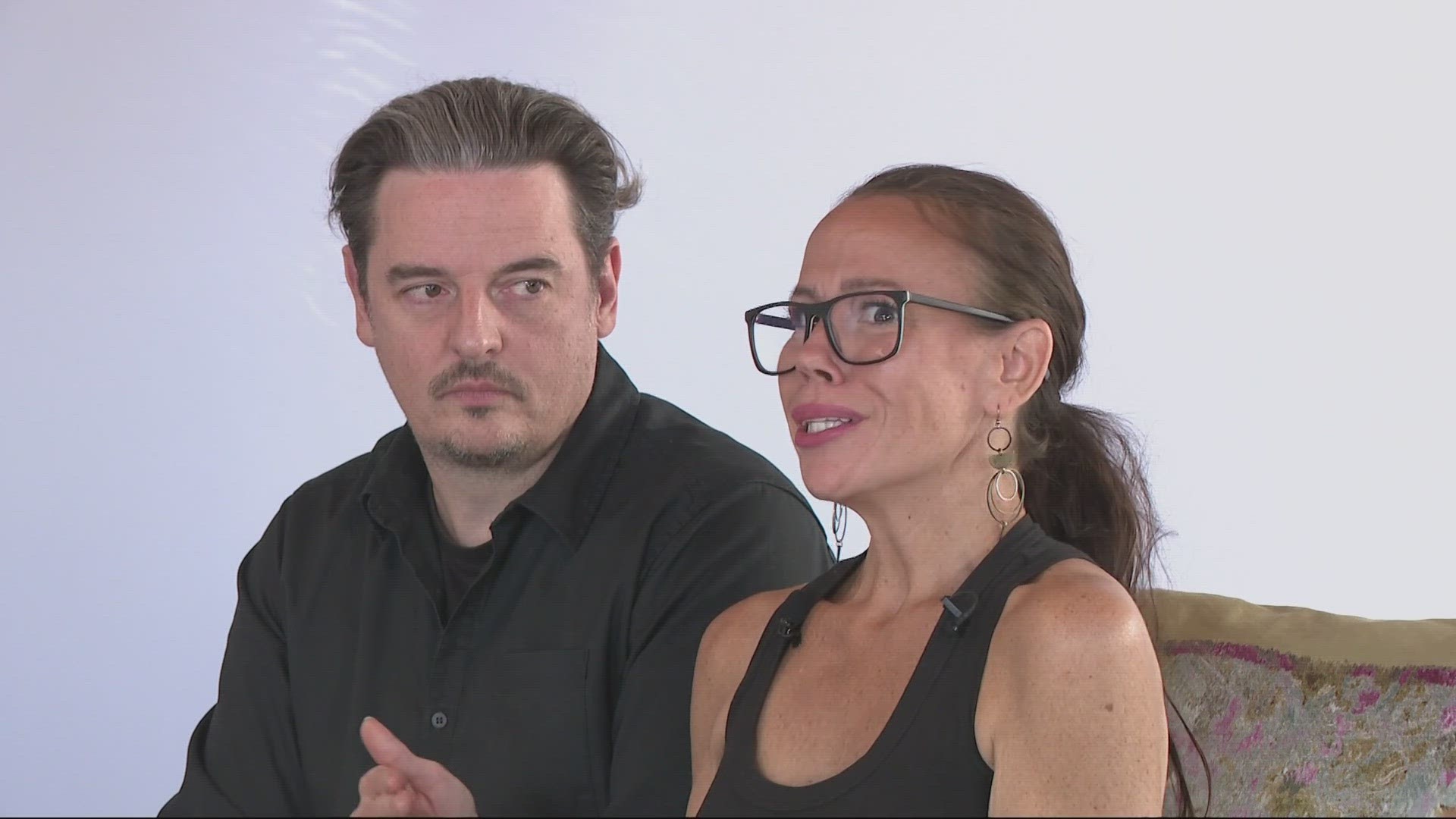PORTLAND, Oregon — Portland will soon be home to the third psilocybin facility in Oregon after voters passed Ballot Measure 109 three years ago. It's called the InnerTrek Center for Psilocybin Services, located in the heart of Northeast Portland.
“We want to bring this forward because it’s really important to the healing and the community, as well as the overall narrative around mental health and wellness,” said Tom Eckert, co-founder of InnerTrek, “which I think we can influence in a really positive way.”
Eckert and Rachel Aidan are the co-founders of the Center: a 5,000-square-foot facility located at the corner of Burnside and MLK Blvd, filled with natural lighting, beautiful greenery painted all over the walls, and comfortable sectionals and places to sit throughout the facility.
It's all set to open sometime at the start of the new year.
“I think what the center can advance is professional norms that go beyond those baselines and really carefully explore the best ways to do this work,” said Eckert.
Eckert was at the center of Ballot Measure 109, which legalized psilocybin for mental health therapy. The next goal is to help hundreds of people seeking help with psilocybin in group settings, making it the first facility of its kind to treat between 6 to 12 people at one time.
“There’s something like Tom said that’s magical,” said Aidan. “It’s really important about seeing each other in our humanity. That deep connection, that healing that comes in a group.”
More than a thousand people are already on the interest list from across the country. Everyone will have to go through an application process and an in-depth screening to ensure this form of therapy is right for them.
“For those that it might not be the right fit right now, we take a harm-reduction approach of how can we help those folks to get ready to receive these services,” said Aidan.
While many still have reservations about psilocybin, Eckert and Aidan hope people keep an open mind about it, as research has shown its impacts on addressing depression, anxiety, trauma and addiction, according to the Oregon Health Authority.
“For new people looking around, I would say, take your time, interview, talk to people; there is a lot of information online these days,” said Aidan.
As for Eckert, who has been advocating for psilocybin services since 2015, he believes the time is now to welcome a new socially acceptable form of therapy.
“We need help,” said Eckert. “This is an option for folks that are really struggling, and we can do this right and we can do this smartly."
Eckert and Aidan are also looking into science and research opportunities in gathering data from participants willing to share their experiences at a scale long made difficult or impossible by federal law.

